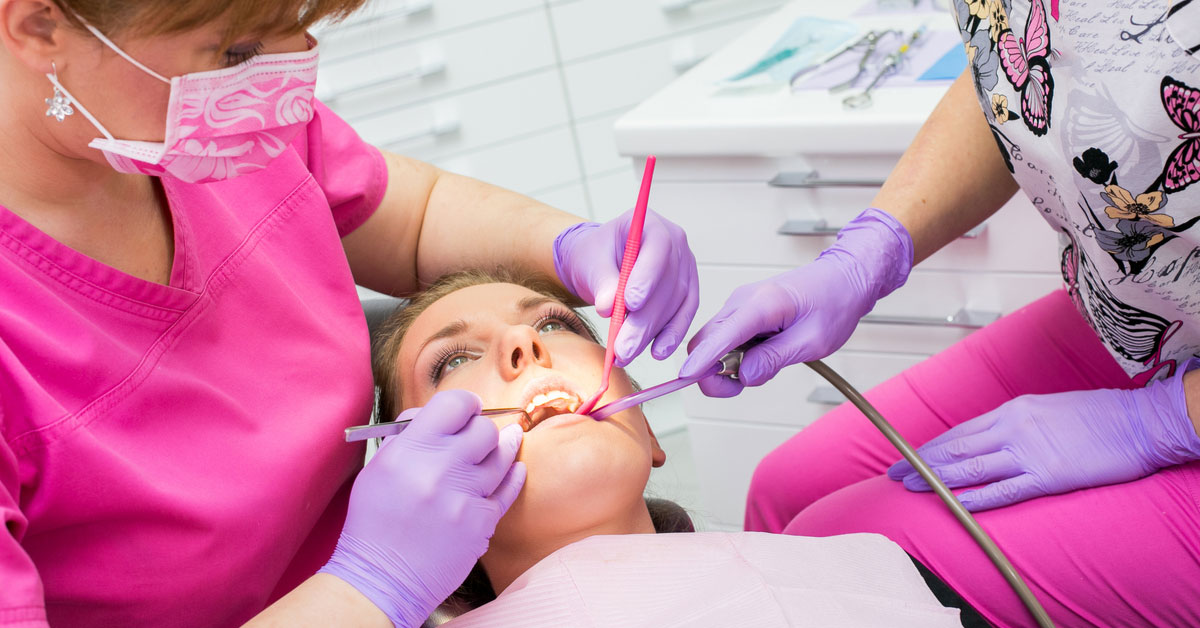
- Home
- About
- Our Team
- Services
- Postoperative Care
- Smile Gallery
- Medical Tourism
- Blog
- Offers
- Contact Us
- Home
- About
- Our Team
- Services
- Postoperative Care
- Smile Gallery
- Medical Tourism
- Blog
- Offers
- Contact Us

When a dentist says that you will have to undergo a surgical removal of a tooth, most patients are taken back because the word surgery makes them apprehensive. Oral surgery does not necessarily mean that they have to undergo surgeries in a theatre setting. It very often involves minor surgical procedures that are done in the dental clinics in a dental chair set up. Oral surgeries may be as simple as a tooth extraction to removal of an impacted tooth, placing of dental implants or procedures involving treatment of gum diseases. However there are instances where major surgeries are done involving the head and neck like reconstructive surgeries, open surgical reduction of fractures, cancer of neck and mouth, correction of cleft palates and lip.
General dental practitioners perform simple surgeries like tooth extractions in their dental clinics. Specialists are referred depending on the type of treatment required. Root canal treatments or tooth root surgeries are done by endodontists (root canal specialist), surgical removal of impacted teeth or placement of dental implants involves oral surgeons, and treatment of gum diseases involves periodontists (gum specialist).
Most jaw reconstructive or corrective surgeries that are done for teeth alignment and facial profile correction are performed by oral maxillofacial surgeons. They are well trained in emergency medical procedures, general surgery and anaesthesiology. They work under general anaesthesia or conscious sedation procedures with the help of an anaesthetist.
But if u have an oral surgery procedure being done, it doesn’t mean that general anaesthesia is always required. Most procedures require only a local injection to numb the required area of treatment. Surgical removal of an impacted tooth, placing of dental implants on a single side, or root canal surgeries are done in a clinical setting under local anaesthesia by the specialists. For young patients and for those who require special care, sedation dentistry is employed. It helps relieves the patient of anxiety and stress before undergoing the procedure. Anxiety relieving agents may be in the form of an IV injection or tablets or gas forms. The type of anaesthesia to be administered is decided by the dentist on assessing the patient’s relevant history.
Some common procedures which involves oral surgery are:




